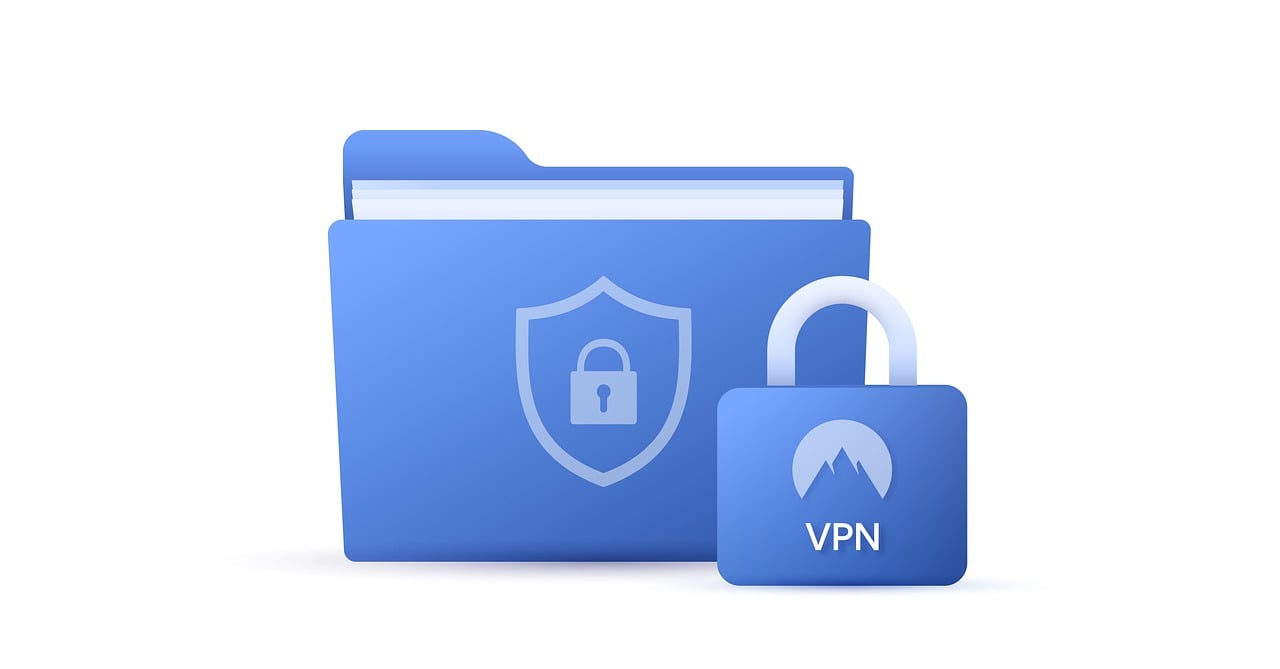With the rise of digital currencies, more and more investors and traders are flocking to this field of opportunities and challenges. However, data breaches and cyberattacks associated with digital currency transactions are also on the rise, posing a threat to users' assets and privacy. In this era of digital economy, Virtual Private Networks (VPN) are emerging as a protective tool for digital currency traders to ensure secure data transmission and trading processes.

1. Risks and Challenges of Digital Currency Trading
With the rise of digital currencies such as Bitcoin and Ether, more and more people are taking the plunge into digital currency trading. However, the digital currency market is also characterized by risks and challenges. Among them, data breaches and cyber-attacks are among the most worrisome. Malicious hackers can steal traders' personal information, login credentials, and even tamper with transaction data, leading to property loss and privacy leakage.
In addition, the use of public Wi-Fi networks has become a weak link in digital currency trading. The use of password-less Wi-Fi connections in public places can make users' transaction data and personal information more susceptible to hacker attacks and monitoring, resulting in serious risks.
2. Role and Advantages of VPN
Virtual Private Network (VPN) is a technology that enables secure transmission over public networks by encrypting communication data and hiding the user's real IP address. In digital currency transactions, VPN play a crucial role, providing multiple levels of protection and advantages:
① Data Encryption and Privacy Protection
VPN makes it impossible for hackers to steal users' transaction information and personal data by encrypting their data transmission. In digital currency transactions, sensitive information such as transaction amounts, addresses and private keys need to be effectively protected. the encryption technology of a VPN ensures that this information is not stolen during transmission, guaranteeing the security and privacy of the transaction.
② Prevent surveillance and eavesdropping
In the process of digital currency transactions, hackers may obtain the details of the user's transactions through network surveillance and eavesdropping.VPN can hide the user's real IP address, making it impossible for hackers to accurately track and monitor the user's transaction activities. This enables users to conduct digital currency transactions in an anonymous and private environment, reducing the risk of attack and surveillance.
③ Bypassing Geographic Restrictions
Some countries or regions impose restrictions or bans on digital currency transactions. Using a VPN gives the option to connect to servers in other countries, bypassing geographical restrictions and realizing the freedom of digital currency trading. This allows users to access different trading platforms and markets globally for more investment opportunities.
④ Public Wi-Fi security
When using public Wi-Fi networks, users' data is vulnerable to hacking. a VPN can provide encrypted communication over public Wi-Fi networks to ensure that users' trading data is not stolen or monitored. This provides a more secure environment for digital currency traders and guards against the risk of data leakage.
3. How to use a VPN for digital currency trading
Using a VPN for digital currency trading is not complicated, here are some steps and considerations:
① Choose a trusted VPN service provider
When choosing a VPN service, make sure you choose a provider that is trustworthy and has a good reputation. Check their encryption technology, privacy policy and customer support to ensure your transaction data is fully protected.
② Install and configure the VPN application
Once you have chosen the right VPN service, you need to download and install the wireVPN app. Afterwards, follow the guide we have provided to configure the VPN app to connect to the server. Usually, you can choose to connect to servers located in other countries to bypass geo-restrictions and enable anonymous transactions.
③ Maintain a VPN connection
Make sure your VPN connection is active when you are ready to trade digital currencies. This ensures that your data transfer is protected by encryption and your real IP address is hidden.
④ Pay attention to network security
In addition to using a VPN, you should also take other cybersecurity measures, such as regularly updating your operating system and anti-virus software, and avoiding clicking on suspicious links or downloading unknown files.
Conclusion
In the world of digital currency trading, data security and privacy protection are of paramount importance. a VPN serves as a powerful tool that provides a comprehensive protection mechanism for digital currency traders through data encryption, IP address hiding and bypassing geo-restrictions. Using a VPN protects against the risk of data breaches, surveillance and attacks, allowing users to trade digital currencies in a secure environment. However, it is important to note that while a VPN can provide strong protection, it does not solve all security problems. Users also need to utilize a combination of cybersecurity measures to ensure safe and smooth digital currency transactions.
 Email
Email